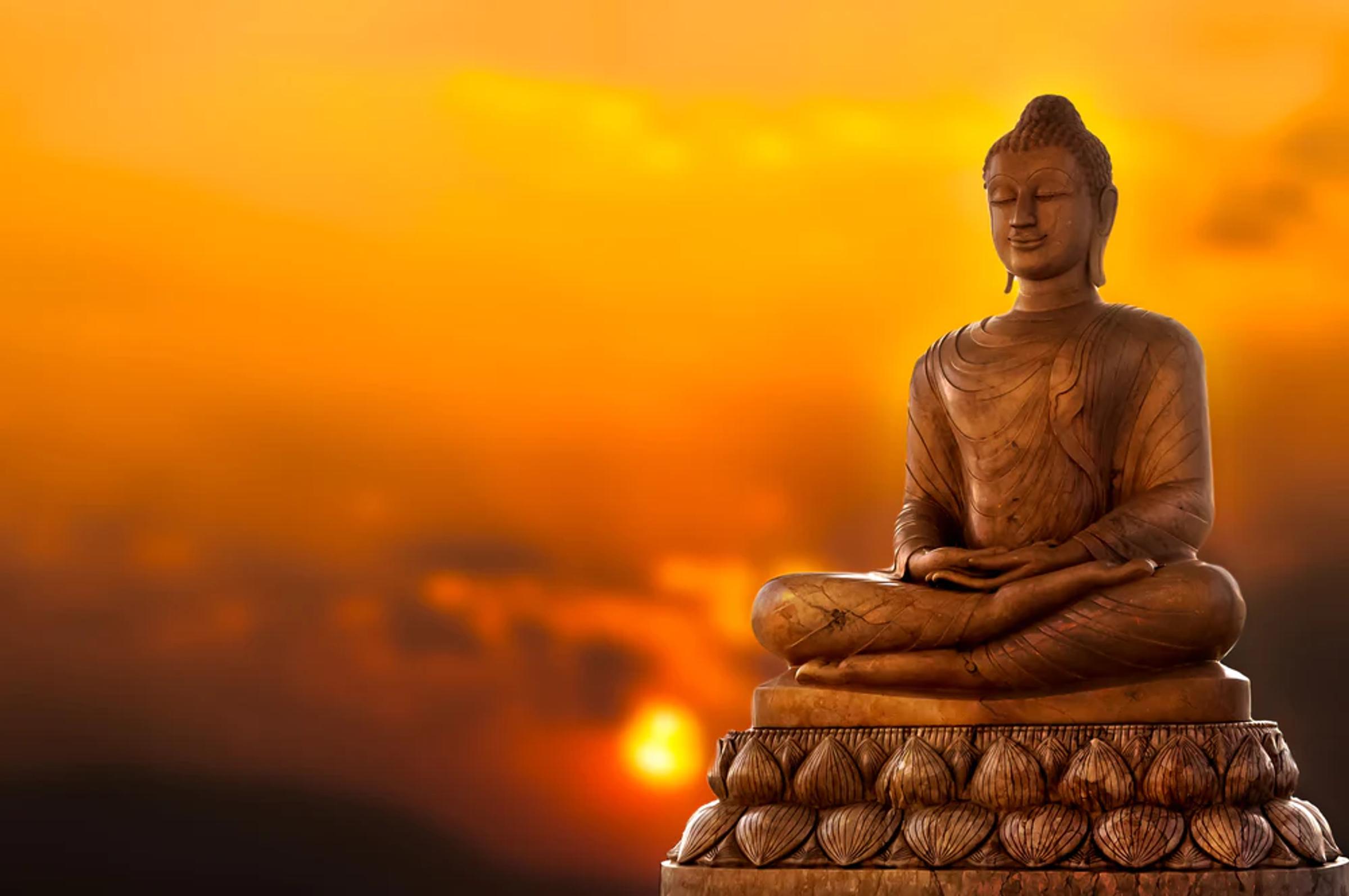Cultural Celebrations

The Māgha Pūjā (also written as Makha Bucha Day) is Buddhist Festival celebrated on the full moon day of the third lunar month in Cambodia, Laos, Thailand, Sri Lanka, and on the full moon day of Tabaung in Myanmar. It celebrates a gathering that was held between the Buddha and a number of his first disciples.
When is the Māgha Pūjā ?
This Saturday, the twenty-fourth (24th) of February.
What is Buddhism?
Buddhism is one of the world's largest religions and originated 2,500 years ago in India. Not only is Buddhism a religion, it is also a philosophical tradition based on the teachings attributed to a person referred to as the Buddha.
Buddhism plays a role in tradition and culture in India, Cambodia, Sri Lanka, Thailand, Bhutan, Japan, South Korea, Taiwan, Vietnam, Malaysia and Nepal. As a result, like many other religions, there are differing schools of thought within Buddhism.
Many hold to a belief in a wheel of rebirth and reincarnation. This is connected to the concept of “karma".
Buddhists believe that the human life is one of suffering, and that meditation, spiritual and physical labour, and good behaviour are the ways to achieve enlightenment, or nirvana.
Buddhists do not believe in any one-kind of deity or god, although there are supernatural figures and beings who can help or hinder people on the path towards enlightenment.
The basic tenets of Buddhist can be summarised, very briefly, as: nothing is fixed or permanent; actions have consequences; change is possible for everyone.
For further information, see the following website: https://education.nationalgeographic.org/resource/buddhism/
and
https://thebuddhistcentre.com/buddhism
Who Is The Buddha?
Born Siddhartha Gautama thousands of years ago, the Buddha left his home after renouncing his old life. He wandered the world with no, or every few, worldly possessions to his name, learning about, witnessing and experiencing the hardships of everyday life for years.
During his wandering, the Buddha reached "Enlightenment" (note that this is an English translation), and taught and founded a monastic order.
He is the first person to reach this state of enlightenment.
